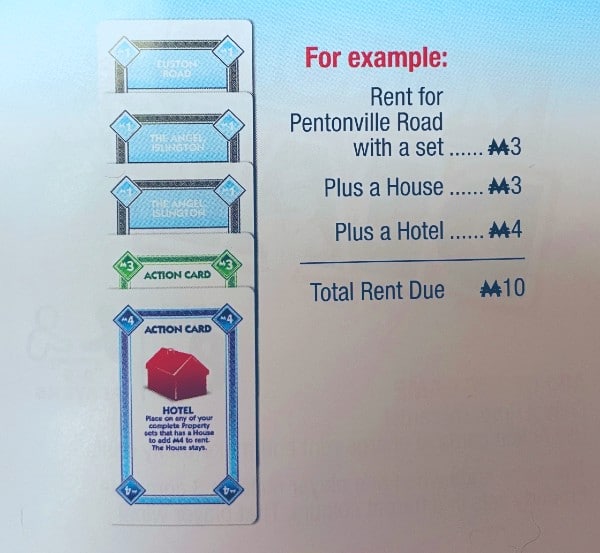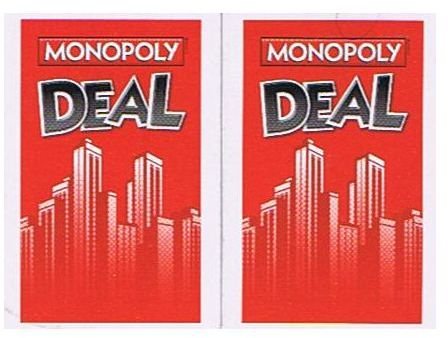
This school of post-1970s thought was once the young upstart on the antitrust scene. has the perfect environment for reconsidering the conventional approach to antitrust, said Kovacic, now an antitrust professor at George Washington University Law School. That creates an environment in which people are willing to rethink long-held beliefs.”Īdd in the Covid-19 pandemic and its resulting supply chain problems, and the U.S. The vaunted genius of the capitalist system was shown to be a fiction. The 2008 financial crisis “was a formative influence and still is. The result is “a crucial intellectual divide that has to do with what you think the point of the law is,” said former Republican FTC Chair William Kovacic. That has solidified into a new antitrust orthodoxy - one that’s now facing increasing attacks in Washington. Since the 1970s, the game in Washington has shifted: Federal courts have adopted a conservative strain of thought that questions the original idea that big equals bad, or that the aim of antitrust laws is to stop big players from getting bigger. has no clear definition of what a monopoly is, or when a monopolist crosses the line from vigorously competing for business to breaking the law. Later they broke up AT&T’s Bell System monopoly in 1983, while waging less successful suits against IBM and Microsoft.ĭespite more than 130 years of history, however, the U.S.
#Monopoly deal rules movie
They brought major antitrust cases that broke up Standard Oil in 1911 and the movie studio and theater owner Paramount Pictures in 1948. In the same era, the Justice Department and the Federal Trade Commission played an aggressive real-life version of Monopoly. Parker Brothers later bought and popularized the game, adding iconic graphics such as Rich Uncle Pennybags, aka the Monopoly Man - whose tuxedo, monocle and top hat were modeled after Standard Oil’s John D. Thirteen years later, the progressive feminist Lizzie Magie invented a board game to explain the economic concept of a monopoly, where players who corner a market have the power to impoverish their rivals and customers.

passed its first major antitrust law, the Sherman Antitrust Act, in 1890. For example, this should be a no-no: "You don't have to pay me the rent now, but you must give me $100 when you pass Go.The U.S. No Future Considerations - This is really just a reinforcement to "Only Tangible Items Can be Traded." Don't allow players to trade for promises.


After two players go bankrupt, the winner is the person with the most cash, property, and buildings. End After Two Bankruptcies - Most (perhaps all) official Monopoly rulebooks offer this as a "short game" variant.Each card must be used once before any can be used a second time. That player then moves the total of both. On each roll, a player uses one card and rolls one die. Movement Cards - Give each player a set of cards numbered from 1 to 6.From Phillip Orbanes' book The Monopoly Companion.

This will somewhat even out the advantage of going first.


 0 kommentar(er)
0 kommentar(er)
